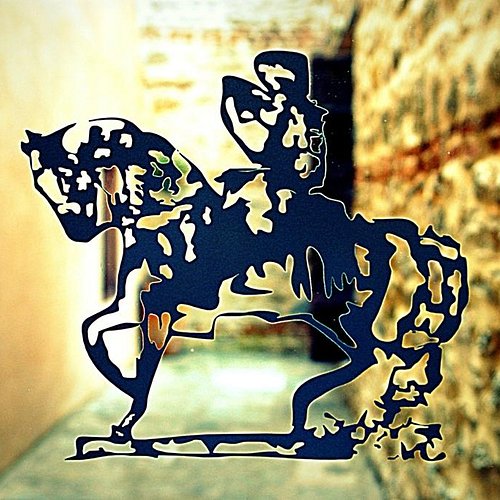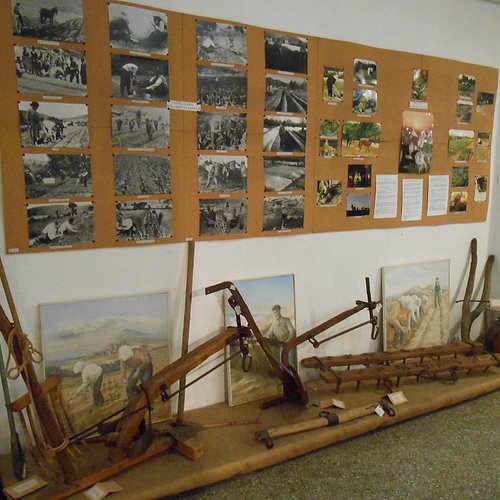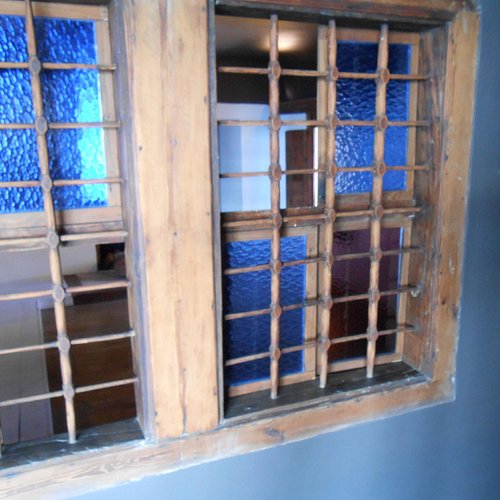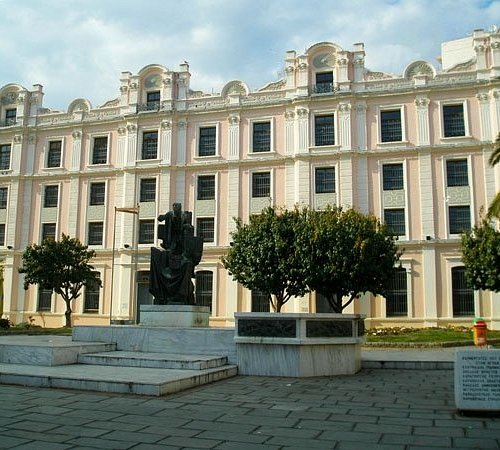The 7 Best Museums in Kavala, East Macedonia and Thrace
Kavala (Greek: Καβάλα [kaˈvala]) is a city in northern Greece, the principal seaport of eastern Macedonia and the capital of Kavala regional unit.
Restaurants in Kavala
1. Institute Mohamed Ali
Overall Ratings
4.5 based on 70 reviews
Mohamed ali's family house is situated on the Panagia Peninsula, in the old town of Kavala. Constructed around 1780 and uniquely renovated between 2001-2004 stands as a highly praised piece of late Ottoman architecture. An absolute must see!
Reviewed By farlin1999
It was a pleasant surprise indeed for me to find such house just next to the Church and monument build under his name. There are gardens around the area which makes it more pleasant for photography.
2. Maritime Museum
Overall Ratings
4.5 based on 17 reviews
3. Tobacco Museum
Overall Ratings
4.5 based on 59 reviews
Reviewed By visitkavala - Kavala, Greece
This is a thematic museum that contains artefacts and archive material on the cultivation and production of tobacco, it's agricultural and commercial processing, industrial tobacco products, and exhibits of sample tobaccos. The uniqueness of the Museum lies in the fact that not only does it contain an exhibition on the processing of Oriental tobaccos (which are not found in any other museum in the world), but also in the fact that it is a museum that showcases economic and social history as well as the history of technology in Kavala and Eastern Macedonia and Thrace more broadly. The collection of the Kavala Tobacco Museum is exceptionally rich.
4. Mohammed Ali's House
Overall Ratings
4.5 based on 89 reviews
Reviewed By visitkavala - Kavala, Greece
Mohammed Ali’s Residence is considered one of the most characteristic surviving examples of 18th-century Ottoman architecture in Greece. In its south section is the selamlik, containing the men’s quarters, where the men spent their days and worked, the pasha’s private room, and the reception areas for guests. In the north section is the harem, where the women’s quarters are located, the bath (hamam) and the “sofa”. The fitted wooden cupboards and fireplaces are particularly interesting decorative features. In the Square named for Mohammed Ali (1769-1849), which is located in the Panagia peninsula, in the Old Town of Kavala, his residence and statue can be found.
5. Archaeological Museum of Kavala
Overall Ratings
4.0 based on 43 reviews
Reviewed By visitkavala - Kavala, Greece
It hosts representative finds from the broader area of Eastern Macedonia and Thrace. The tour begins in the Neolithic period with the finds from the site of Dikili Tash. The largest section of the museum is dedicated to the permanent exhibition with the title “Neapolis – Christoupolis – Kavala”, the subject of which is the diachronic presence of the town through its monuments.
6. Municipal Tobacco Warehouse
7. Museum of the hellenic Refugees
Overall Ratings
5.0 based on 1 reviews






